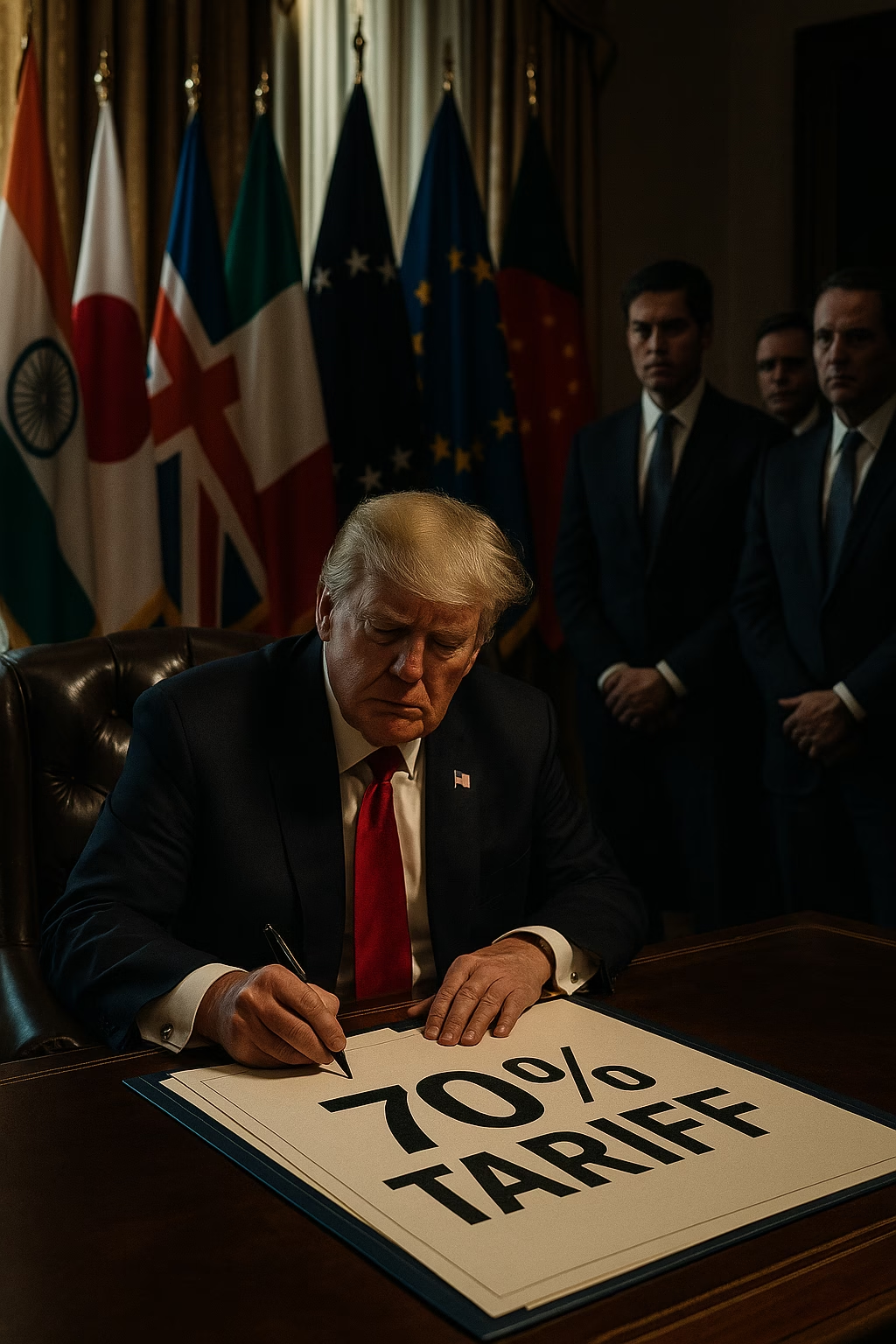
Trump's 2025 tariff ultimatum
Trump’s 2025 Tariff Ultimatum: UK, Vietnam Seal Deals as Others Face 70% Hikes
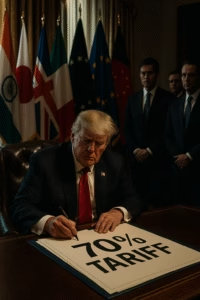
Trump tariff ultimatum has once again stirred global economic waters. As the 90-day tariff reprieve nears its July 9 deadline, U.S. President Donald Trump has initiated a bold move: dispatching “take it or leave it” letters to over a dozen countries, setting fixed tariff rates that could soar as high as 70%.
📜 What Are These ‘Take It or Leave It’ Letters?
Unlike traditional diplomatic negotiations, Trump’s trade strategy is shifting to an aggressive, pre-defined tariff model. Each country receives a formal letter detailing the U.S.-imposed tariff it will face from August 1, unless a specific trade agreement is signed beforehand. For many nations, this leaves little room for counteroffers or bargaining.
According to Axios and The Wall Street Journal, these letters mark the final stage in a tariff overhaul that may redefine global trade relations.
✅ Countries That Struck Trade Deals
So far, only two nations have successfully finalized agreements, dodging the harsh tariff bullet:
- 🇬🇧 United Kingdom: Secured a deal with a 10% tariff base, offering concessions on aerospace, pharma, and automotive exports.
- 🇻🇳 Vietnam: Agreed to a 20% tariff (down from a proposed 46%), plus improved duty-free access for select U.S. goods.
Trump praised both governments for being “proactive and business-first,” while reinforcing that the window for others is “almost closed.”
🌐 Countries Yet to Finalize Agreements
Trump confirmed that letters have been or will be sent to the following:
- 🇮🇳 India
- 🇨🇳 China
- 🇪🇺 European Union (collectively)
- 🇯🇵 Japan
- 🇨🇦 Canada
- 🇲🇽 Mexico
- 🇦🇺 Australia
- 🇰🇷 South Korea
Each of these countries may face tariff rates of 20%–30%, and in some sensitive sectors (e.g., steel, semiconductors), tariffs could reach 70%.
📈 Global Economic Repercussions
Experts believe this new tariff regime could create widespread disruptions:
- Supply Chains may experience shocks as businesses scramble to realign sourcing strategies.
- Inflation risks rise in the U.S., especially for consumer goods and electronics.
- Trade retaliation is a real possibility from affected nations.
Economists from Brookings and IMF have warned that such a strategy may backfire in the long run unless quickly softened with sector-specific flexibilities.
📌 What’s at Stake for India?
India is staring at a potential 26% tariff on key exports including pharmaceuticals, textiles, and auto parts. Talks have stalled, and unless a bilateral pact is signed within days, it too will face the “letter model.”
Commerce Ministry sources told Mint that they are “evaluating options” and “prefer mutual tariff alignment over unilateral imposition.”
🧠 Why Trump Prefers This Strategy
In Trump’s words: “The letters are better. You know where we stand. You don’t have to negotiate for years.”
This approach reduces bureaucratic red tape and forces urgency. It may appeal to domestic political audiences and business lobbies who’ve long demanded aggressive trade stances.
📣 What Global Leaders Are Saying
- EU Trade Commissioner: “We are in emergency mode. These tariffs could damage transatlantic commerce deeply.”
- Japan’s Finance Ministry: “Unilateral tariff decisions undermine the spirit of WTO cooperation.”
- Canada’s PM: “We’re open to talks but won’t be bullied into bad deals.”
📊 Business Reactions and Market Jitters
The business community is reacting with mixed sentiments. While some U.S. manufacturing groups have welcomed the move as a “much-needed corrective measure” to protect domestic jobs, others—especially import-reliant sectors like retail, electronics, and automotive—are warning of severe ripple effects. The National Retail Federation issued a statement saying, “These blanket tariffs could end up being a tax on American consumers.” Meanwhile, global stock markets have displayed volatility, with Asian and European indices dipping amid tariff uncertainty. Investors are now closely watching which countries sign last-minute deals before the deadline expires.
🔍 What This Means for You
If you’re a consumer, expect higher prices on imported goods. If you’re in business or trade, brace for supply chain recalibrations, costlier inputs, and regulatory overhauls. And if you’re a policymaker—prepare to act fast or accept Trump’s terms.
📚 Related Reads on Trendy India News
Follow TrendyIndiaNews.com for the latest on US trade policies, global reactions, and India’s strategic responses.
About The Author
Discover more from Trendy India News
Subscribe to get the latest posts sent to your email.

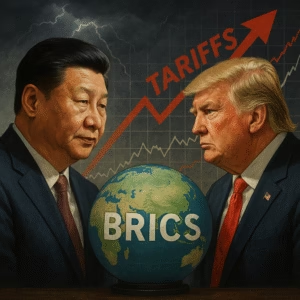
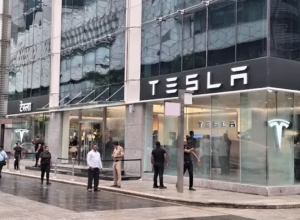


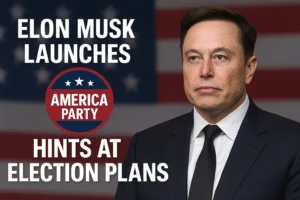
2 thoughts on “Trump’s 2025 Tariff Ultimatum: UK, Vietnam Seal Deals as Others Face 70% Hikes”